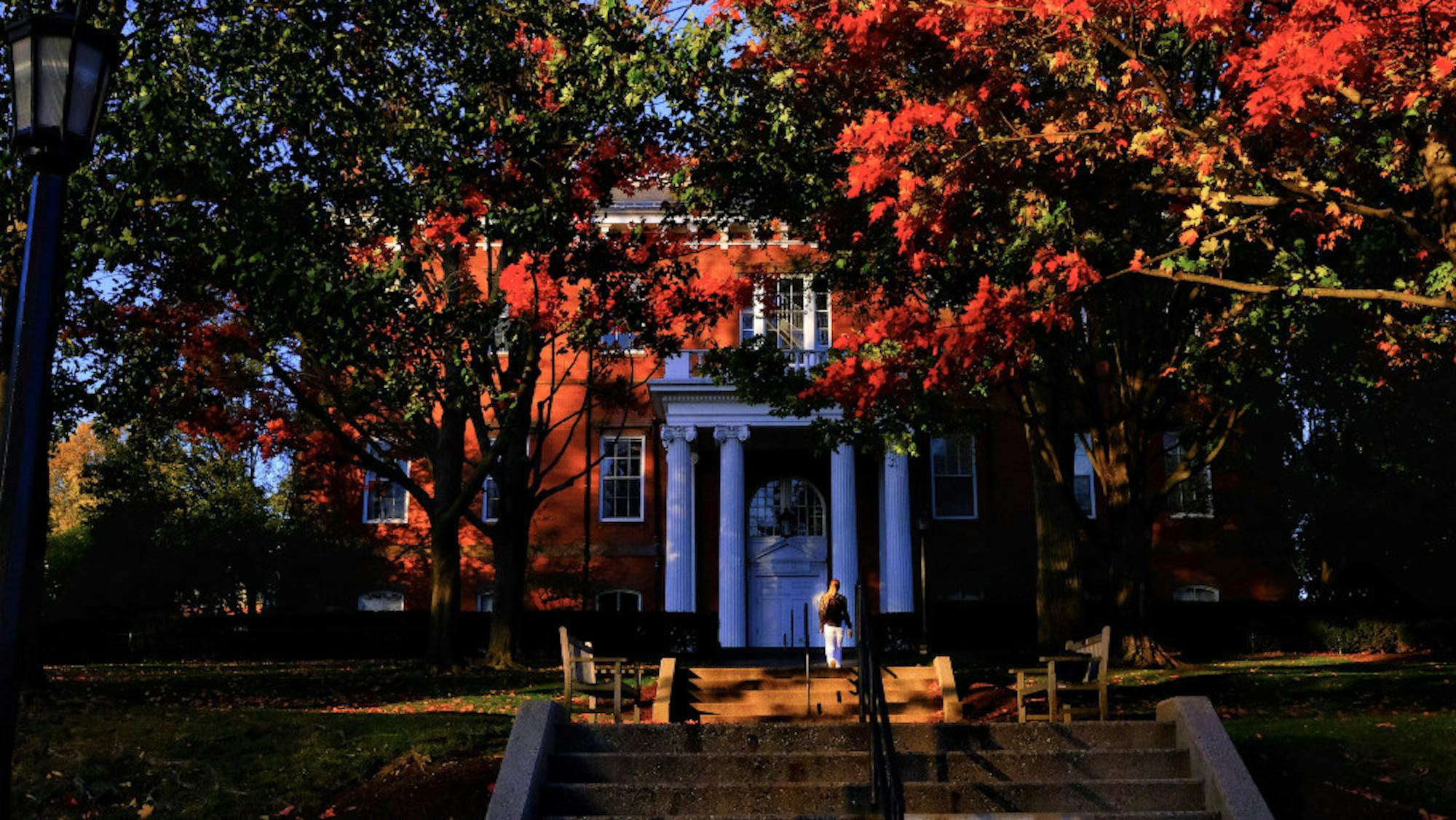The Global Research Assistant Program gives Tufts students the opportunity to work with professors over the summer on international research projects. Recently, the application through which Tufts faculty members can submit research proposals opened for summer 2021.
Generally, Tufts undergraduate students spend a minimum of three weeks in a field site outside of the United States assisting faculty with research projects. According to Christine Hollenhorst, a program administrator in the Office of the Provost, students receive a weekly stipend for the duration of the program. Additionally, the program covers international travel costs, including airfare, local transportation, food and housing.
Senior International Officer and Associate Provost Diana Chigas explained that the Global Research Assistant Program started as a result of a donation from an anonymous donor to the Office of the Provost. Other sponsors include the Jonathan M. Tisch College of Civic Life and the Career Center.
According to Hollenhorst and Chigas, in the past, six to seven research proposals have been accepted each year, although the Office of the Provost hopes to increase that number in the future. The projects tend to vary in location and subject matter as faculty from all of Tufts' schools are invited to submit research proposals.
In order to accept the proposals, the Office of the Provostrequires that certain guidelines be met for the students’ well-being, including student involvement, clear budgets and supervision.
“There needs to be a clear sense of what the sort of educational outcome will be for the students participating,” Anne Moore, program specialist in the Office of Scholar Development, said.
Chigas underlined the importance of appropriate supervision.
“We look for [faculty applicants who have] thought through all the various other kinds of support and safety and kind of supervisory kinds of things so that the student can also have a good experience there too,” Chigas said.
This year, however, due to the uncertainty surrounding the ongoing COVID-19 pandemic, the Office of the Provost added an additional requirement for summer 2021 applications.
Hollenhorst explained that applicants will be asked to provide two plans. Plan A would be the ideal project if students are allowed to travel, and Plan B would be a virtual version of the research project.
Although the pandemic could limit the in summer 2021, past students who participated in it shared how their projects were engaging even without being abroad.
Jessie Yang spoke about how her exposure to theoretical physics solidified her interest in physics research. She studied particle physics and dark matter.
“A big thing that I got out of it was confidence in myself,” Yang, a junior, said. “I was able to give a presentation, and I was able to do a lot of these calculations ... and I produced a paper.”
Brenna Trollinger participated in a project about the impact of climate change on coffee production in Costa Rica. Due to the pandemic, the project participants could not collect data, so instead, they worked on interactive presentations and web design.
Trollinger mentioned that she appreciated how the project applied her creative interests to her academic interests.
“I ended up really liking [the virtual setting] because I do like graphic design sort of stuff, and it fit in well with my skill set,” Trollinger, a junior, said.
Moore also spoke to the benefits of the Global Assistant Research Program, specifically in high-level research.
“There’s sort of a quantum difference between undergraduate level research and graduate-level research,” Moore said. “You get a sense of [graduate-level research] earlier, which can then help you make decisions as you move forward about where you want to put your energy.”






